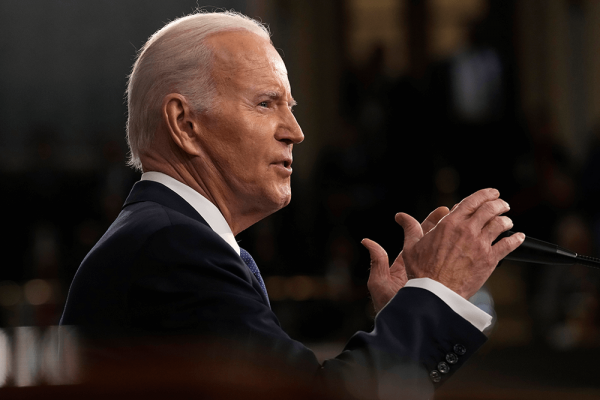Feb 9, 2023
“Christmas for policy wonks.” “The political Super Bowl.” “A very boring speech.” Three different descriptions for one of the biggest nights in politics: the annual State of the Union. Here in Washington, D.C, we politicos have been known to create bingo cards or gather in bars to watch an address that will have major implications for the work we do.
Read the Full Article

Already a subscriber? Login
